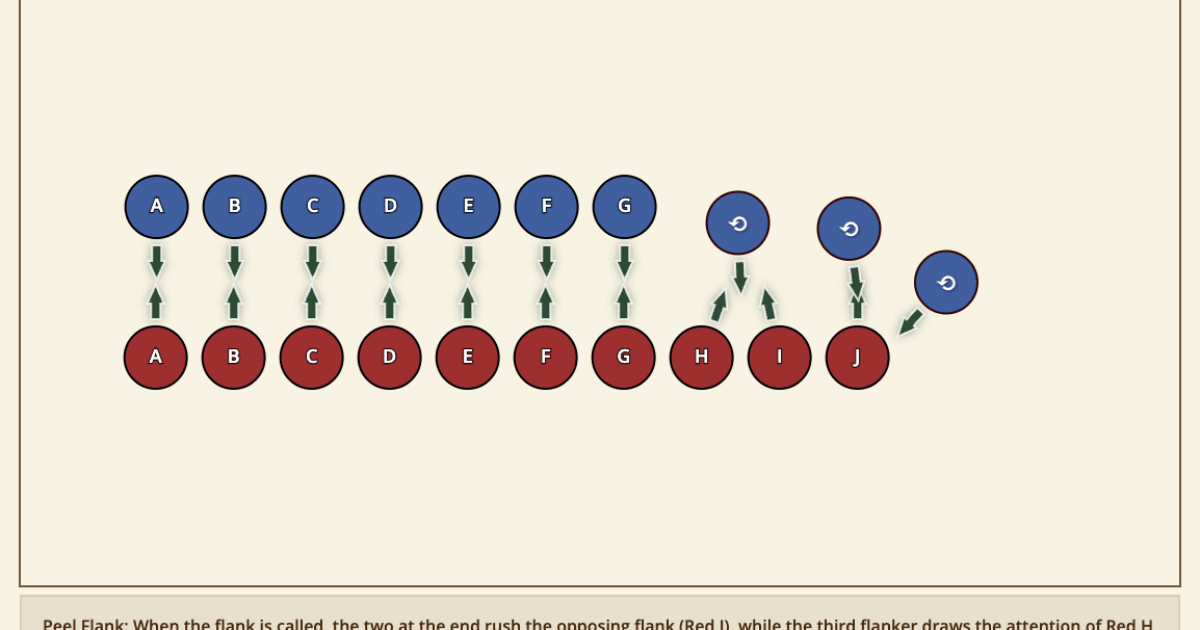With the approval of the Captain, and the support of the Officers and Swordsmen that have come before, you are about to take your next step on the path to swordsmanship. You have opted to follow the Route of Rigor (RoR) because of your unusual situation(s) and despite your job, life, or other circumstances getting in the way, you still desire to become a Swordsman in the Order of the Rose.
This is a noble pursuit and we hope to provide a means for any and all who share your goal to achieve it, whether it is in the RoR or within the Training program held at Friday Practice. The Route of Rigor is NOT a replacement or an advanced course for the Training Program. It is simply another path to the same destination, which is earning the rank of Swordsman.
How does it work?
Over the next 12 weeks, you will study and train through every Initiate or Novice Lesson, depending on your current rank. Each week, you will all be assigned a specific lesson by a Coordinator and are expected to both study and train that lesson. At the end of the week, you will need to pass off the lesson with the Coordinator, proving that you have learned the principles and can implement them in practice. After passing off a lesson, the Coordinator will assign you your next lesson and the process will repeat until the end of the program.
If you are able to pass off all of your lessons, you will then schedule a Test Match & Review with one of the Officers. The Officers will then decide if you are ready to move on and recommend you for advancement to the Captain.
What is my responsibility as a Student in RoR?
The Route of Rigor requires personal initiative and motivation from those along this path. Each week, you will be responsible to train both mentally and physically enough to understand and implement the principles assigned to you. This training can take many forms, but it is your responsibility to ensure that it happens. In the end, you will need to prove that you have learned each lesson to the Coordinators and to the Officers.
Physical Training
Physical training is putting into practice the principles taught each lesson. This can be with drills or exercises for example. Fencing is a physical sport and cannot be learned with theory alone. You will need to physically train the skills taught in each lesson, so that you can implement them in a fight.
Mental Study
Mental study means dedicating time to think and ponder about the principles of each lessons. Fencing is also a mental sport and requires a significant amount of thought to excel. Mental study can be done by using your fencing journal, recording thoughts, or discussing with other fencers as examples.
NOTE: RoR follows a “3 Strikes” policy. Students will receive a strike if they willfully choose not to dedicate time or make an effort to practice their assigned lessons. After receiving 3 Strikes, a student will be released from the Route of Rigor and continue their training in the Training Program on Friday Nights. They may apply to join RoR again in future sessions.
What is the responsibility of the Coordinator?
The Coordinators role in RoR is to oversee the progress of individual students and help facilitate training or resources as they report back to the Captain.
Each week, the Coordinator will check-in with every student and follow up with their progress. This is a time for the Coordinator to see if a student has been able to train, accomplish any specific assignments, or take note of any concerns. Additionally, students can ask the Coordinator for help and get ideas of ways they can overcome any challenges they are facing. If a challenge is brought to the attention of the Coordinator, they can help coordinate additional resources or even get other members involved to assist.
The Coordinator will also be responsible to ensure that students are adequately learning each lesson and passing them off before assigning another lesson. This is a time that Coordinators should and will be constructively critical of a student’s progress, taking into account what they have learned from the weekly check-ins and help make plans with students who are struggling.
Keys to Success in RoR
The Route of Rigor is not an easy path. It demands rigor. To do well in RoR, there are some key principles that can help you find success in the program.
- Taking the initiative is the best course of action. Do not wait for someone to hold your hand through the program.
- Your fencing journal will be your best friend. Maintaining an active fencing journal can provide many benefits and help showcase the things you are learning to the Coordinator.
- Take advantage of every resource. From the people who vouched for you in the approval process to resources outside of the Order of the Rose, there isn’t just one resource to help you.
- Make every opportunity count. If you are able to attend practice, you should rarely be sitting and doing nothing. You should be out challenging people to duels, participating in every melee, and finding time to discuss what you are learning with others.


